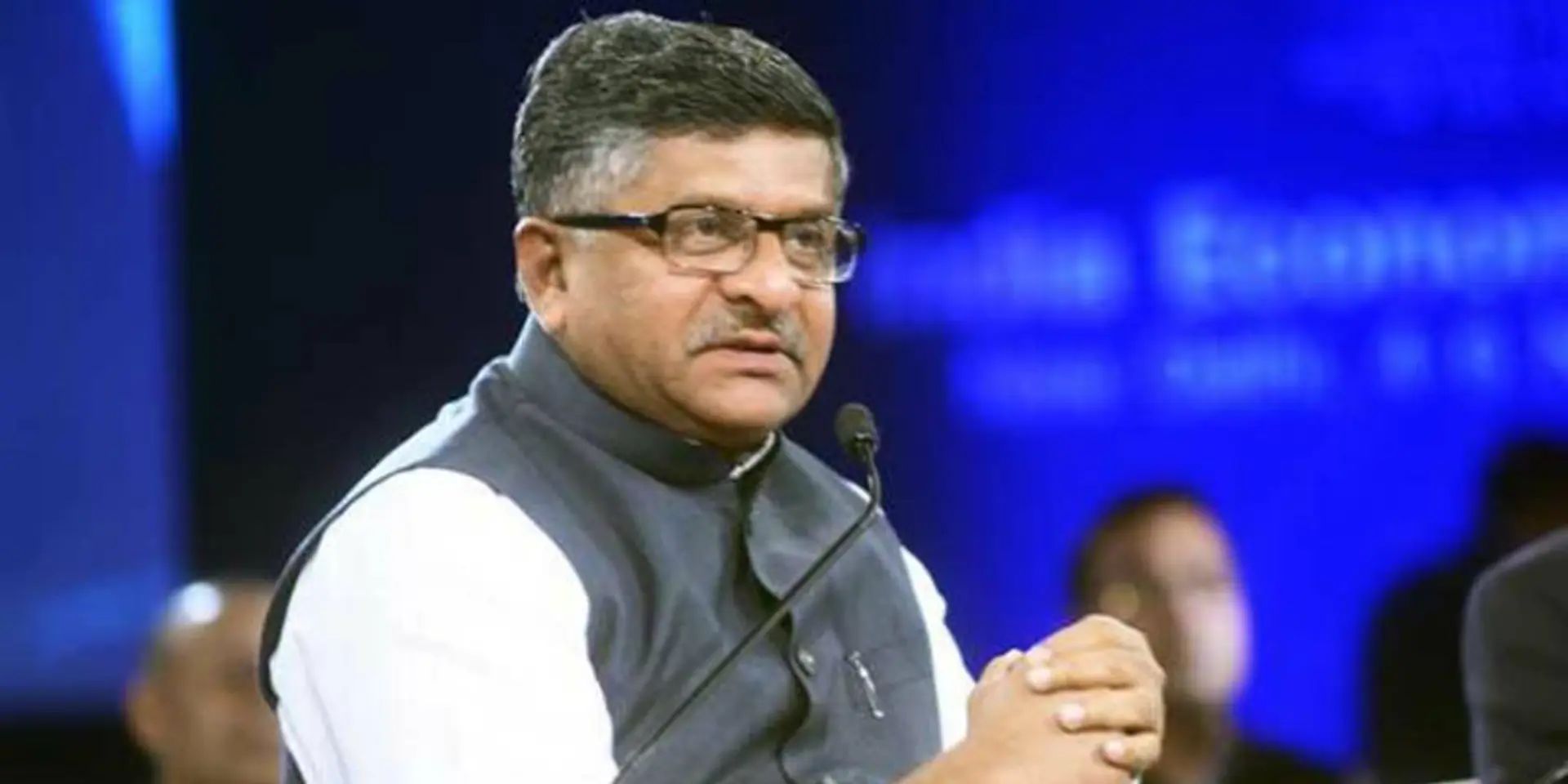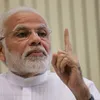$1 trillion digital economy easily doable by 2025: Ravi Shankar Prasad
At a recent Nasscom meet, Ravi Shankar Prasad lauded the industry’s role in establishing India as a software product nation.
“With a $7 billion economy, we will have nearly four million jobs generated for the people of India,” said Ravi Shankar Prasad, Minister of Electronics and Information Technology, addressing a consortium of industry representatives in Bengaluru last week.
He was speaking at a leadership meet organised by the National Association of Software and Services Companies (Nasscom) towards fostering a coming together of industry and government minds. Keeping in line with the theme of the meet – ‘Industry-Government Partnership for Realising the Vision of 1 Trillion Dollar Digital Economy by 2025’ – the Minister shared his vision for enhancing India’s trajectory to a software product nation.
“All of you have done exceedingly well in the field of software services and brought great laurels to India. I would urge all of you to look beyond; either do it yourself or handhold or mentor companies which are developing products. I don’t have the slightest doubt that the IT ecosystem can be scaled up to realise 50 billion,” he stated.
‘Startup movement can play a crucial role in digital ecosystem’
Earlier in the day, he had visited the NASSCOM Warehouse in the city for an interaction with the startup community, hosted by the industry body. After viewing a number of home-grown technology projects, the minister spoke briefly, emphasising the need for startups to nurture a vision and the role of technology in realising the nation’s development mantra of ‘Reform, Perform, Transform’.
He also broadly outlined the progress made on the front of Startup India.

Minister of Electronics and Information Technology Ravi Shankar Prasad
“It is amazing to see 1,200 startups have been added only in 2018. There are now close to 20,000 startups in the country. Of these, 8000 are technology startups. And then, there are programs like Digital India, Make in India, Startup India, and Smart Cities, which are all technology-based programs designed to empower ordinary Indians and to bring inclusion. I think, in this larger ecosystem, the startup movement can play a very crucial role, and I'm happy to meet many of the very promising ones here,” he said.
Underlining the need for the government and the startups sector to work together, the minister evoked appreciative laughter with his light-veined remark that Prime Minister Narendra Modi was a political startup himself.
“He is a great supporter of the startup movement. Today, I have brought my entire department of IT and Electronics here so that they can know about your initiatives and hold your hands. In this larger narrative of Startup India, the government and all of you in the industry should work together. I want to see a Google, a Microsoft, and an IBM emanating from India. And I foresee the ambition to make it happen in your eyes,” he said.
The narrative of enhancing the industry’s symbiotic relationship with the government was strung forward by Debjani Ghosh, President, Nasscom, at the leadership meet later in the day.
“It's wonderful to have Shri Ravi Shankar Prasad here to talk about what it would really take to ensure that the dream of a $1 trillion digital economy doesn't remain a dream. It's really up to the industry how we take it forward and what help we seek from the government to make it happen,” she said, setting the tone for the minister’s address.
Digital inclusion growing, to be enhanced
Lauding the swift paces registered thus far by the country’s startups, the telecom minister spoke of the global recognition garnered by India’s IT professional community abroad, particularly in the Silicon Valley.
“I'm very proud of all of your achievements. While India’s IT system is now globally recognised, the country must lead in digital inclusion,” he said.
He also spoke of the rising presence of the digital payment system in India as well as digital platforms like Aadhaar and UPI.
“When we articulated the vision of Digital India, I had set forth the aim of digital inclusion based on technology and development – all home-grown and low cost. Today, platforms like Aadhaar and UPI are having global resonance. In my visits abroad, I have interacted with ministers from Africa and the Middle East – all of them are very keen to adopt these systems as they have seen the results here,” he pointed out.
Digital technology growth in industry hands
The minister also referred to the progress made in the application of digital technology to telecom expansion, cybersecurity initiatives, and healthcare, among other sectors. “The entire registration and disbursal processes are being done digitally, based on homegrown technology – whether it is for Aadhaar, Ayushman Bharat, CAC, or BPOs in the small towns,” he said, stating that the way software-as-a-service (SaaS) was picking up in India “was mind-boggling”.
Ravi Shankar Prasad went on to state that the various ecosystems were complementing and supplementing each other, supported by the industry.
“All this is happening on its own momentum. We are just the facilitator and all of you are the initiators. We want India's digital economy to be a $1 trillion economy and this shall obviously be a part of the larger narrative of a $5 trillion economy. It is easily doable. The whole idea is, we must listen to you, and whatever focused intervention you want we want to give that to you,” he said, holding out the promise of continued alignment and cooperation.
(Edited by Dipti Nair)









